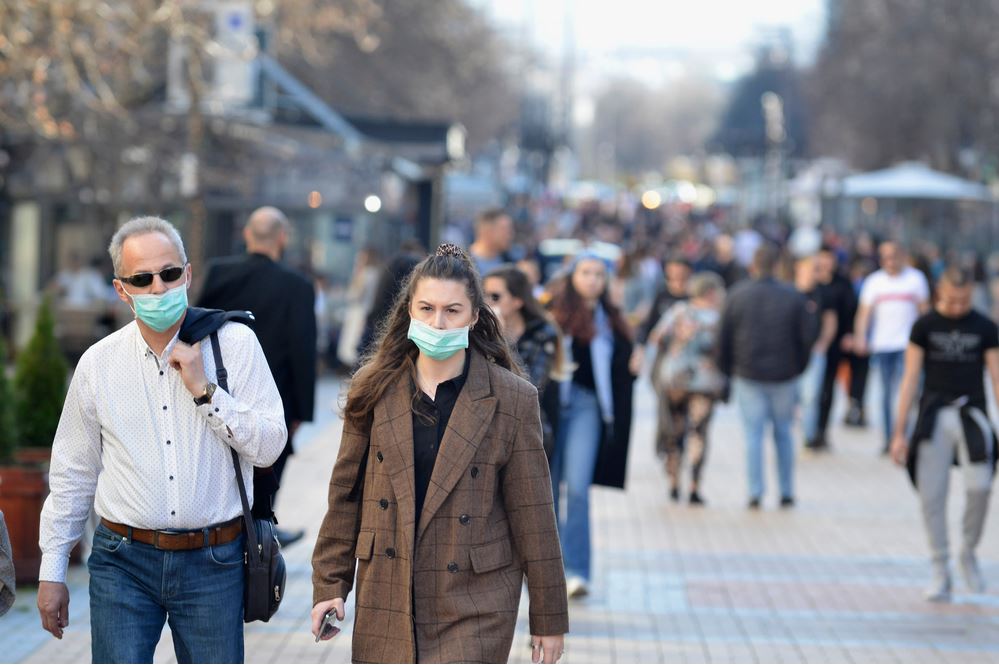Fighting a fourth wave of deadly viruses and rampant skepticism about vaccines, Bulgaria on Thursday extended its state of emergency for COVID-19 until March 31 next year.
Coronavirus infections and deaths have skyrocketed in recent months in the Balkan country of some 7 million, which remains the least vaccinated in the European Union.
Bulgaria’s response to the virus has also failed due to a political crisis that has not been resolved despite three elections this year.
Acting Prime Minister Stefan Yanev said that the growing COVID-19 situation has affected all areas of life in Bulgaria, pressuring the government to extend the state of emergency for four months from December 1 to December 31. March.
“Our top priority has been the healthcare system. Our goal is to make sure that our people don’t die outside of hospitals, ”said Yanev, who has served as interim prime minister since May.
“I promised that there would not be a complete shutdown in Bulgaria, and I have kept my promise.”
He said the results seen since a COVID-19 pass was introduced in the country in October show that “the government is on the right track.”
“We take these measures at the right time. Today, the number of people recovering from COVID-19 is higher than those who are infected, ”Yanev told reporters.
Amid growing calls for Bulgaria to accelerate its immunization campaign, including from the EU, he said the government has no plans to make vaccinations mandatory, despite less than 30% of Bulgaria’s adult population having received a single injection against the virus.
According to the Bulgarian Ministry of Health, 90% of all hospitalized COVID-19 patients and 95% of those killed by the virus were not vaccinated.
Among the 2,569 new cases and 687 hospitalizations recorded in the last day, more than 80% and 87%, respectively, were not vaccinated, the Health Ministry said in an update Thursday.
Bulgaria’s overall case count is now approaching 683,000, including a death toll that rose from 120 to almost 28,000, the most recent data showed.
A total of 6,846 people are hospitalized in the country, including 797 in intensive care units.
Health Minister Stoycho Katsarov said the high death rate from COVID-19 in the country is due to a combination of factors, including faster transmission of the Delta variant, low vaccination numbers and a weak health system. .
However, he claimed that the mandatory health pass for many indoor spaces has increased interest in vaccination, and the measures of the interim government have caused a welcome drop in virus numbers in the past two weeks.

